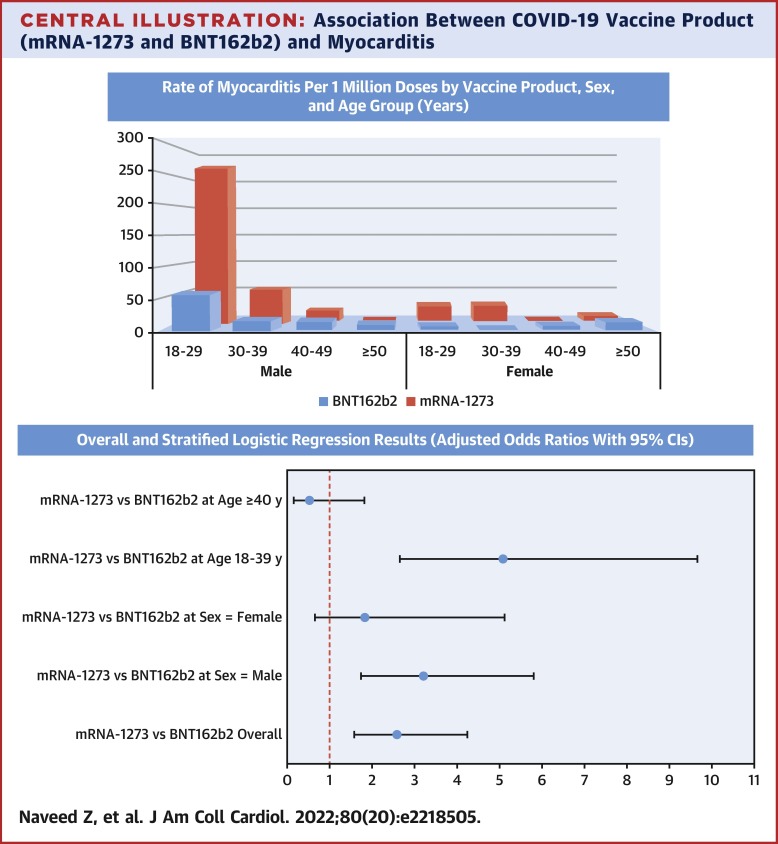
Amid Changing Policies and Funding Instability, the Future of mRNA Vaccine Research in the US is at Risk
The United States, once hailed as the global frontrunner in messenger RNA (mRNA) vaccine technology, is now confronting a precarious future as shifts in government policies, regulatory turmoil, and decreasing funding endanger the ongoing development and dominance of this revolutionary field. Leading scientists and industry figures are increasingly sounding alarms that these circumstances could markedly hinder advancement in mRNA therapeutics, propelling innovation towards more accommodating international landscapes.
mRNA Technologies: A Recent Scientific Advancement
mRNA vaccine technology achieved worldwide recognition during the COVID-19 pandemic, significantly contributing to the swift creation of effective vaccines. These vaccines not only assisted in curbing the COVID-19 spread but also showcased the vast potential of mRNA platforms for quick responses to emerging infectious diseases and tailored medicine, including cancer and rarer diseases.
Motivated by this success, both public and private sectors have committed considerable resources to propel mRNA research forward. Currently, more than 700 mRNA-based drug candidates are in preclinical stages, with 267 undergoing clinical testing. About 65% of the workforce in the global mRNA sector operates in the US, with significant NIH funding historically supporting much of this innovation.
Growing Alarm Among Researchers
However, this momentum is beginning to wane. Jeff Coller, an RNA biology professor at Johns Hopkins University (JHU) and co-founder of the Alliance for mRNA Medicines, reports that researchers are increasingly troubled by a recent review from the National Institutes of Health (NIH) which imposes additional scrutiny on mRNA initiatives. During an April 10 media briefing, Coller cautioned that “we are risking squandering our leadership in the mRNA space in the 21st century.”
His worries focus on NIH-funded mRNA research projects being explicitly targeted by new administrative directives. He cautioned that if this trend persists, the next step may involve outright cancellation of federally funded projects aimed at developing next-generation mRNA therapies.
Instability at Regulatory Agencies
Compounding these concerns are structural issues at the US Food and Drug Administration (FDA), particularly following the resignation of Peter Marks, the head of the Center for Biologics Evaluation and Research (CBER), a critical branch overseeing biologics and vaccines. With significant reductions in experienced staff and a leadership void at the FDA, scientists are apprehensive about potential regulatory delays and inconsistent oversight, undermining confidence in the US as a reliable environment for mRNA advancement.
Elizabeth Jaffee, deputy director of JHU’s Comprehensive Cancer Center and an oncologist involved in developing an mRNA-based pancreatic cancer vaccine, expressed her own fears that NIH might abruptly withdraw her project’s funding. “We don’t have a lot of funding for doing these trials beyond the NIH,” Jaffee mentioned. “You are notified just a day ahead that your grant is cut.”
Economic and Strategic Impacts
The precarious funding landscape and regulatory unpredictability are resulting in tangible economic repercussions. A March 2024 survey by the Alliance for mRNA Medicines involving 100 senior life science professionals indicated that 30% of companies are contemplating relocating their operations abroad. Already, about 50% of respondents reported specific adverse effects—ranging from budget reductions and hiring halts to terminated partnerships and project shifts—due to recent policy changes.
Coller noted that cuts in NIH funding have already led firms to dissolve collaborations and seek manufacturing options overseas. These strategic changes occur amid a global competition as other nations, including China, the European Union, Australia, and Brazil, are escalating investments in mRNA technologies, often supported by enhanced governmental backing and clearer regulatory frameworks.
Political Resistance and Legislative Efforts
The pullback from mRNA support extends beyond financial parameters. Political opposition is escalating, particularly in conservative regions. Coller reported that legislators in at least seven states have proposed bills aimed at banning or restricting the use of mRNA-based therapies. Such legislative actions pose not only a threat to public confidence but might also curtail the application of mRNA treatments in essential areas.
In response to inquiries regarding these developments from Chemistry World, the NIH asserted that its measures are focused on aligning funded research with revised Health and Human Services (HHS) priorities. An NIH spokesperson claimed: “As we strive to improve the health of America, it’s vital to emphasize research that directly benefits the health of Americans. We are committed to restoring our agency’s tradition of adhering to gold-standard, evidence-based science.”
Global Competition and a Potential Talent Drain
Experts warn that if the situation remains unaddressed, the US could experience a talent and intellectual property drain towards more encouraging environments. The international bioeconomy is becoming increasingly competitive, and mRNA serves as a multifaceted platform with applications extending well beyond injectable vaccines—including gene editing, regenerative medicine, and management of chronic diseases.
Coller describes the “skittishness” in the US, which may lead to relinquishing leadership to countries that are aggressively investing in biotechnology as a primary driver for future advancements.